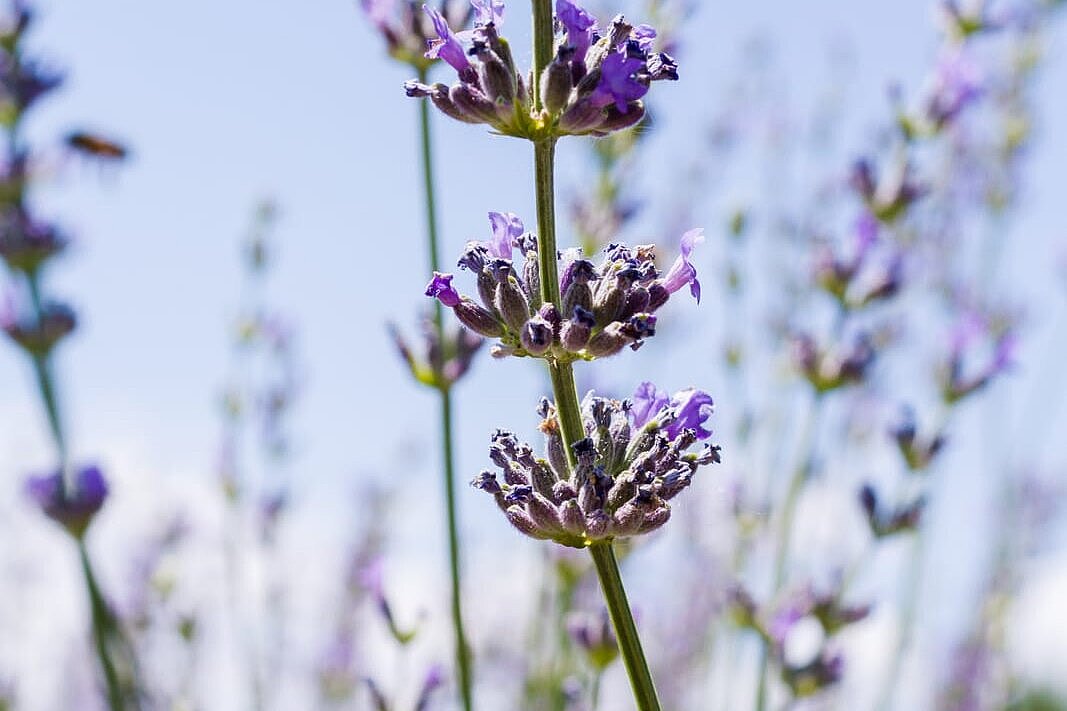Limonene

What is limonene?
Limonene belongs to the so-called terpenes, a group of organic compounds found in many plants and animals. Limonene is one of the most common terpenes and can be extracted from various sources, for example from orange, lemon or grapefruit peel. It has a clear, colorless liquid with a strong citrus odor.
Limonene is used in the food, cosmetics and cleaning industries as it has many properties that make it useful. For example, it is a good solvent that can dissolve fats and oils. It also has an antibacterial, antiviral and antifungal effect, which makes it a good disinfectant. It also has an antioxidant effect that promotes cell protection.
Benefits of limonene for dogs
Limonene can also have some benefits for dogs when used in moderation. For example, it can help condition your dog's coat by removing dirt and grease and giving it a pleasant scent. It can also serve as a natural insect repellent, as it repels many insects such as fleas, ticks or mosquitoes. Some studies have also shown that limonene can have a positive effect on the immune system and digestion of dogs.
Disadvantages of Limonene for dogs
Limonene is not without risks for dogs, however. It can trigger allergic reactions in some dogs, which can manifest as skin rashes, itching or breathing difficulties. It can also irritate the mucous membranes if it gets into the eyes or nose. It can also lead to poisoning if used excessively or incorrectly, causing symptoms such as vomiting, diarrhea or cramps.
How can you use Limonene safely for your dog?
If you want to use Limonene for your dog, you should take some precautions to avoid possible side effects. For example, you should always follow the manufacturer's instructions and only use products that are specifically suitable for dogs. You should also make sure that your dog does not lick or chew on the products and that it does not come into direct contact with the eyes or nose. If you use limonene as an insect repellent, you should only apply it to the coat and not to the skin.
If you notice any signs of an allergic reaction or poisoning in your dog, you should consult a vet immediately. You should also always consult your vet before using Limonene on your dog if they have any health problems or are taking any other medication.
Limonene is a natural ingredient that is used in many products and can have some benefits for dogs. However, it can also lead to allergic reactions or poisoning if used incorrectly or too much.
If you notice any signs of hypersensitivity or poisoning in your dog, you should see your vet immediately. We are not a substitute for a vet, but we try to be as accurate as possible. Every dog reacts differently and we recommend you get a second opinion or consult your vet if in doubt.
Stay healthy and take good care of your four-legged friend!😊
Similar to Limonene
Citral is a mixture of two chemically similar substances called geranial and neral. Both belong to the group of acyclic monoterpenes, which consist of two isoprene units. Citral can be produced...
Dogs have a very keen sense of smell and are therefore sensitive to different scents. Linalool can have different effects on dogs depending on the concentration and application. In small...
Geraniol belongs to the so-called terpenes, which have a number of biological functions. Geraniol has an antibacterial, anti-inflammatory and antioxidant effect, for example. Geraniol also has an...
Pinenes are organic compounds that belong to the terpene family and are widespread in nature. There are two types of pinenes: alpha-pinene and beta-pinene. Both are responsible for the...



